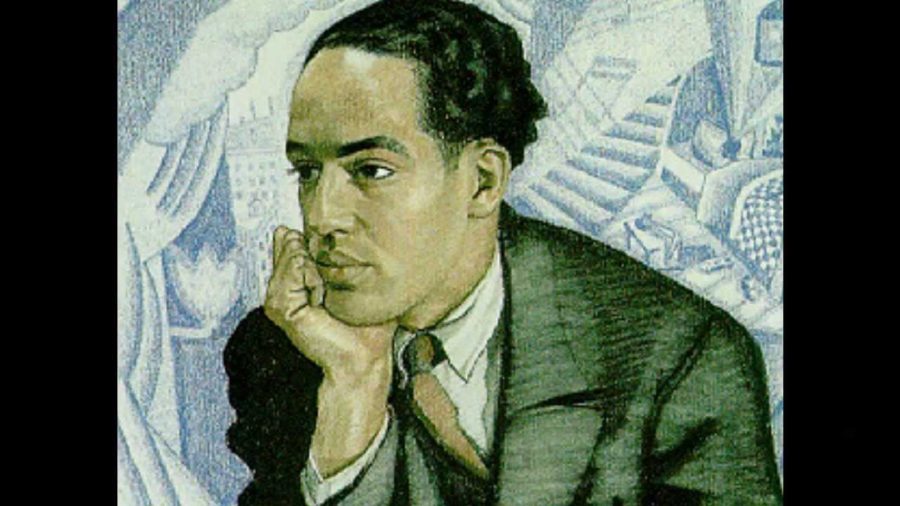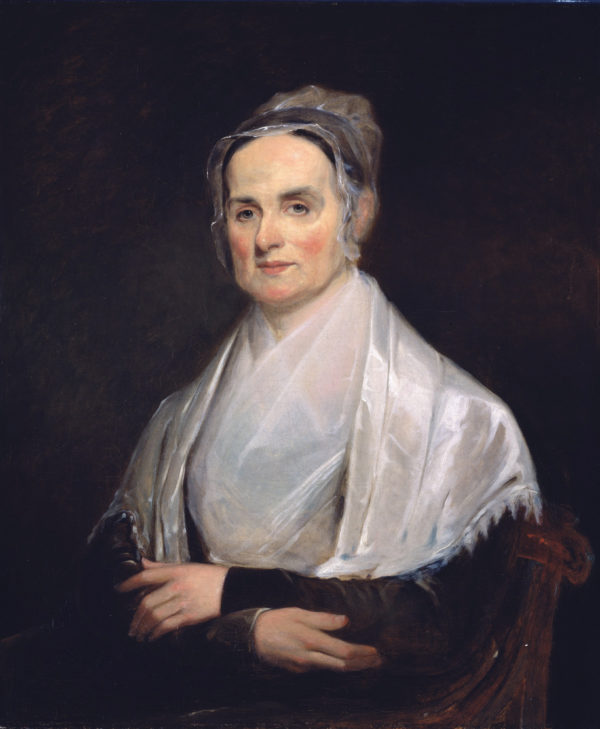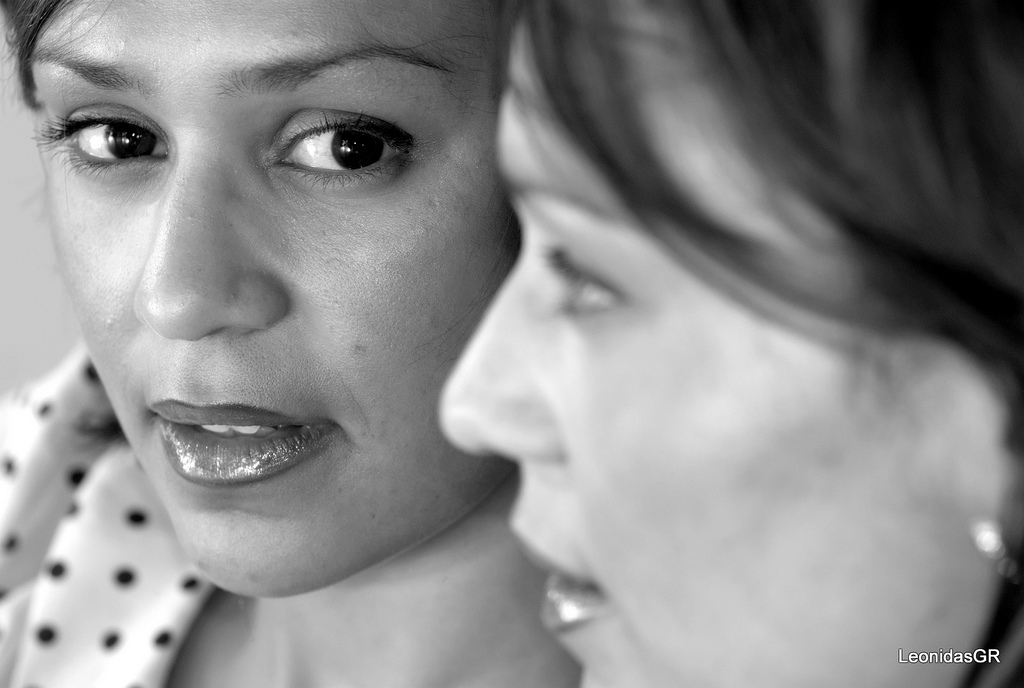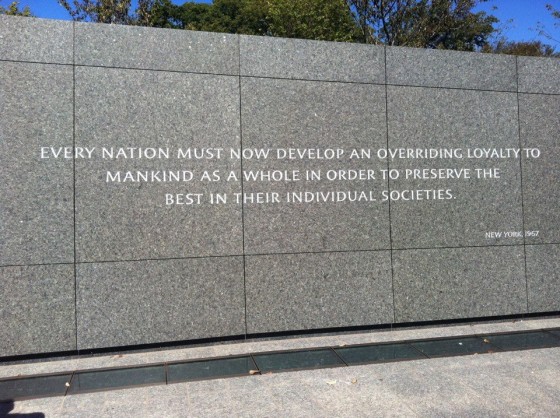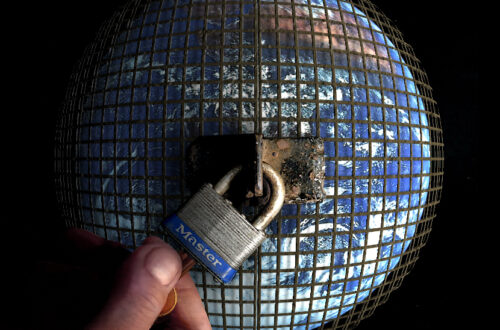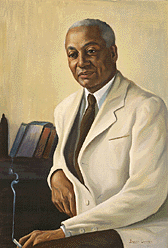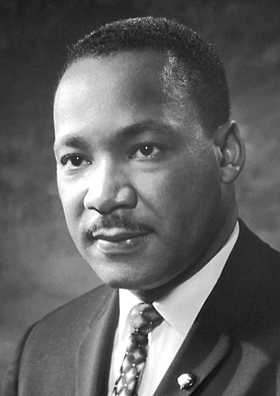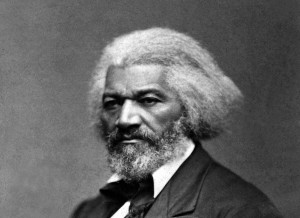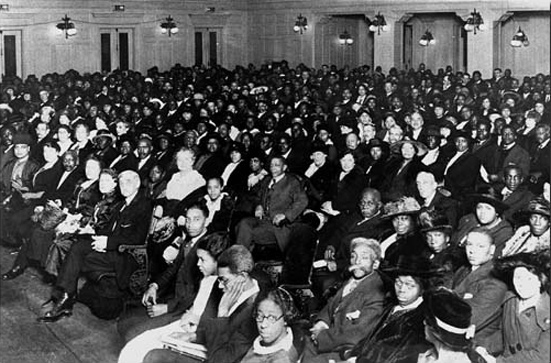foreignness
Much of what is published on this site relates directly to the question of foreigness: or thinking of people as being "foreigners". Because of its pervasiveness it is important to challenge the assumption that it is OK to treat non-citizens differently - that they are somehow less entitled to human rights. Many articles explore how we unconsciously think in this way.
-
Love Your Mother
Pictures of planet Earth “our home planet” capture our imagination. This one commemorates Earth Day and its message is simple: we need to love the planet we live on. It’s easy to take our ability to see the whole Earth for granted and to forget that until the ‘Space Age’ at the end of the 1960’s we had simply never seen it that way: we’d never got the whole thing in perspective. “The Blue Marble”, the photograph that appears in our logo, was taken in 1972 by Harrison Schmitt, one of the astronauts of the Apollo 17 mission. Robert Poole is his book Earthrise: How Man First Saw the Earth describes it as ‘A photographic manifesto for…
-
When Foreignness is Accentuated
One of the challenging aspects of abolishing foreignness is the sheer scope of the concept of “foreignness.” Foreignness can be all-pervading. It can manifest itself in our thoughts and our laws, in our attitudes and our interactions, in our beliefs and our behaviours. Articles on Abolish Foreignness explore a range of approaches to abolishing foreignness, and the range of these discussions suggests the complexity of the topic at hand. I’d like to discuss here another social mechanism that can contribute, depending on how we employ it, either to the reinforcement of or the abolition of foreignness: language. The diversity of languages on our planet is a valuable part of our…
-
Government should take lesson from Christmas Islanders
It appears from all reporting that what makes the tragedy that occurred on the morning of Wednesday 15 December, 2010 on the shoreline of Christmas Island all the more tragic is that human beings had to watch (and listen) helplessly whilst fellow humans died just metres away. The stories of the traumatised witnesses have painted a horrific picture of what it must have been like … the rope that was dragging a victim from the water going limp; a man most desperately wanting to jump into the waves and rescue a little girl but being held back by others who realised the futility of the attempt; and the realisation that a baby and mother who had…
-
Book Review: The Strange Alchemy of Law and Life by Justice Albie Sachs
The victims and perpetrators of human rights abuses whisper from the pages of this short book. They speak to us of their struggle to realize their own humanity and recognize the humanity of each other. For a judge The Strange Alchemy of Law and Life is an unusual book. But then Albie Sachs is an unusual judge. A member of the African National Congress and a legal adviser to it when it was still a revolutionary movement, Albie Sach’s life moves from barely surviving a state sponsored terrorist bombing, to which he lost an arm and an eye, to sitting on the Constitutional Court of South Africa. It is the kind of life that prompts reflection,…
-
The Crisis of Human Rights: Discrimination Against Non-Citizens
The basic idea at the heart of human rights is that all human beings are equal: equal in rights – equal in human dignity. This idea is universally accepted and believed. At the same time another idea – the idea that we are separately citizens of different countries is also a feature of the modern world – and the way it is practised has led to enormous discrimination and violation of human rights. In reality people, as a matter of law, have different fundamental rights even though we believe that all human beings are equal. In a recent paper titled “Human Rights in the Age of Migration: An Empirical Analysis of Human…
-
A lesson from Europe
The question of the place of the Roma in European society has returned to the media spotlight. The New York Times reports that a meeting of European leaders this week “degenerated into open discord” over France’s plans to deport Roma. Since Romania and Bulgaria entered the European Union in 2007, Roma have migrated in increasing numbers to western Europe in search of work and education. This has raised questions in the EU, according to the Times, “over just how open its borders ‘open borders’ are.” The struggle of the European Union to deal justly with the Roma question serves as a reminder that foreignness is not just a legal or…
-
Abolish Foreignness
Eight million children under the age of five die each year from largely preventable causes. One billion people live in abject poverty. Thousands die crossing international borders while fleeing poverty, war or persecution. Rich countries reinforce barriers, laws and measures to prevent people crossing their borders. Hundreds of thousands are held in migration prisons as if they were criminals. 67 million people live as refugees or are internally displaced as a result of persecution, war, poverty or other causes. Believing that human beings are “foreigners” makes such profound human rights violations possible.

